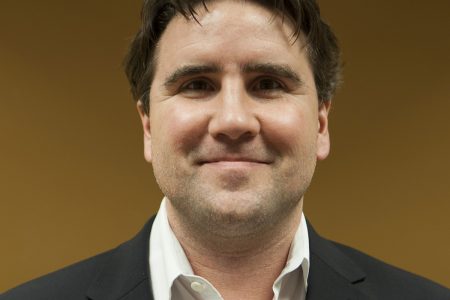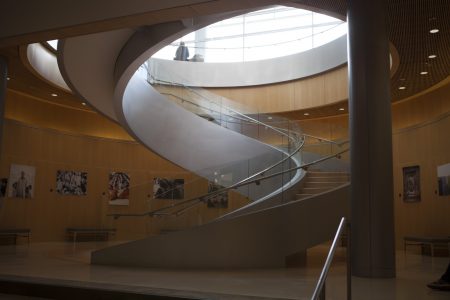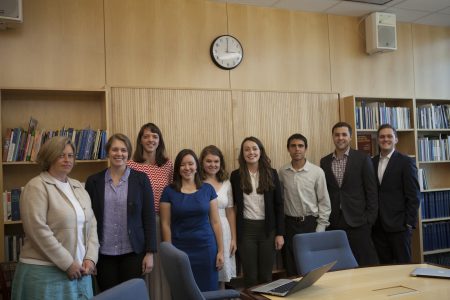The following post was written by Brittany Bruner, a former Humanities Center intern. I spent a semester in Jordan during a fraught moment in history. The Syrian refugee crisis is rampant all over the world. It is especially troubling in the Middle East, and in Jordan, a country that houses over one million Syrian refugees, …









